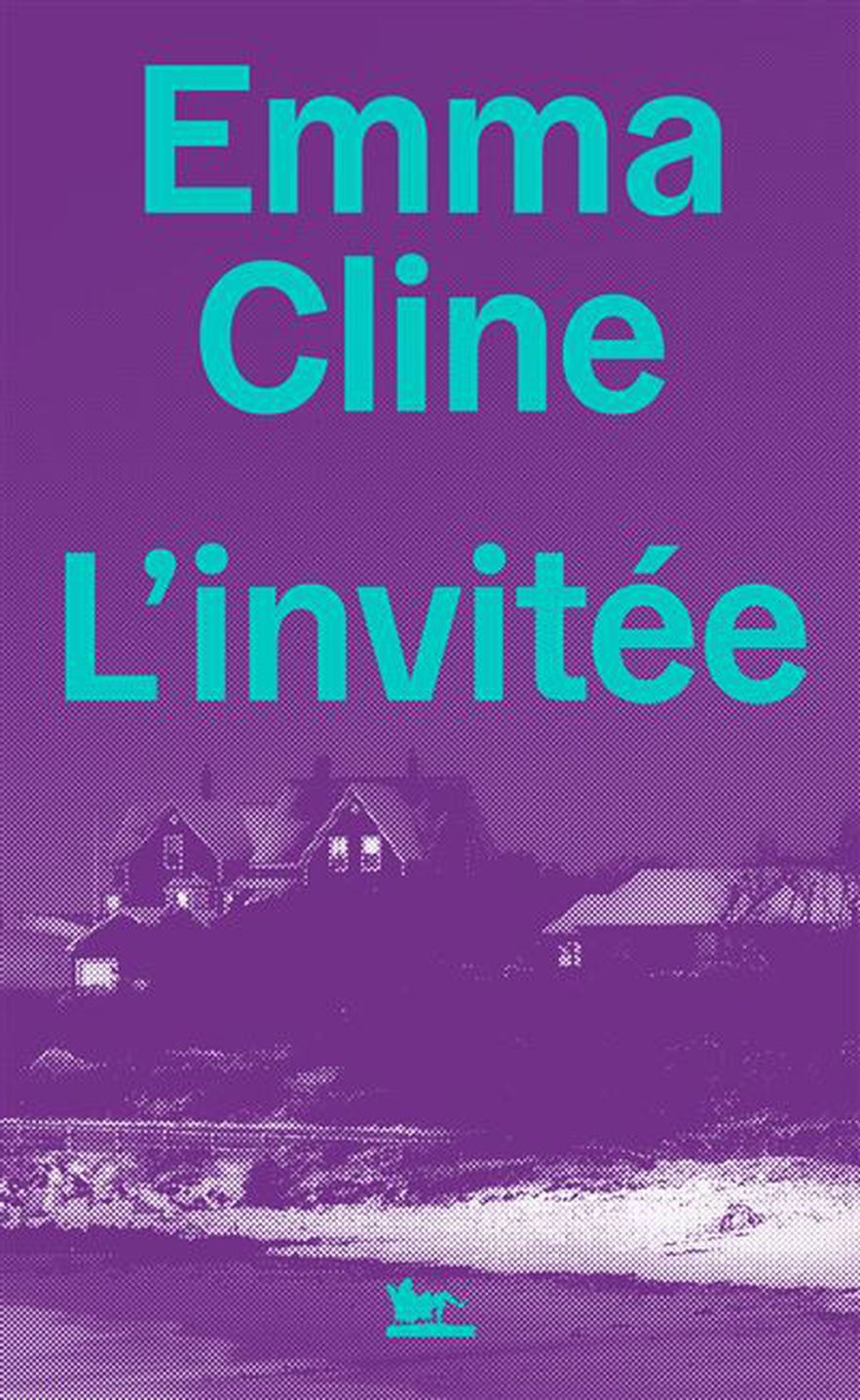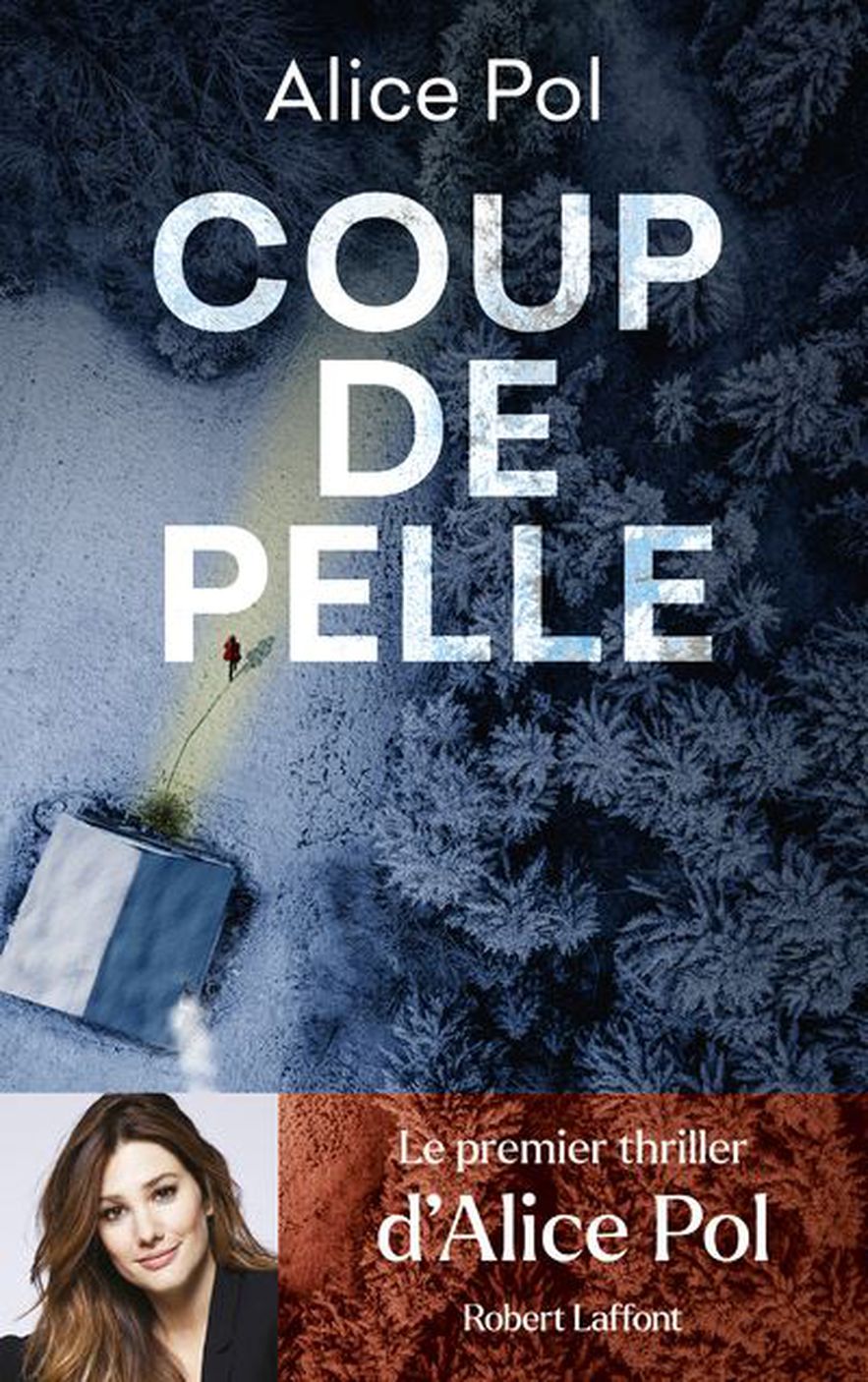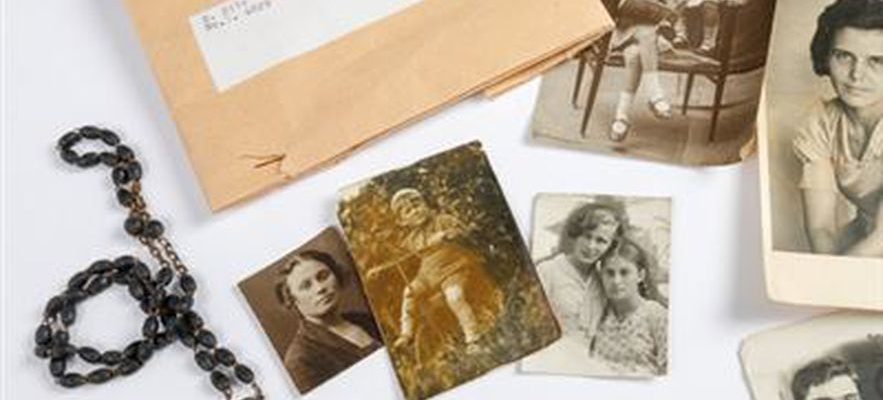They arose at night
By Elise Karlin.
Editions de l’Observatoire, 224 p., €20.
The rating of L’Express: 4/5
They Arose at Night By Elise Karlin.
© / Editions of the Observatory
In October 2019, alerted by her father, Daniel, the famous director and documentary filmmaker, Elise Karlin, then a journalist at L’Express, left for northern Hesse to investigate the Arolsen Archives, whose office said to be “clarifying destinies “Aid for the restitution of the personal belongings of the deportees. A good idea for a story, but also a way to rid yourself of guilt for having taken so long to wonder about your Jewish origins. This report, Elise pursued, searched, fed, until today this book, both abundant and edifying, on the astonishing mission of this office, directed by the efficient and tenacious Nathalie Letierce -Liebig, and on her own family history from which she raised some of the gray areas.
Created after the war to identify millions of missing persons, then to save all the documents relating to the victims of Nazism, the International Tracing Service (ITS), renamed the Arolsen Archives in 2019, is now experiencing, after years of inertia , a boost of energy. Witness the volunteers whose Elise followed suit. Transformed into detectives, they “track” the descendants in order to restore them here a watch, there a wedding ring, a powder compact, a pen or a photo – it is not so much the value of the objects, one suspects it, that their emotional weight that matters. Obviously, over the meetings, a question torments the journalist: “What do I know about Maïer Weissmann, my great-grandfather who disappeared?” Little by little, Elise unravels the threads, fills the silences, and reconstructs the journey of Maïer, arrested in Lyon during the raid on rue Sainte-Catherine, deported on March 25, 1943 and gassed at Sobibor. A book for memory. Marianne Payot
The Guest
By Emma Cline, trans. of the American by Jean Esch.
The Round Table, 320 p., €23.
The rating of L’Express: 4/5

The Guest By Emma Cline, trans. of the American by Jean Esch.
© / The round table
She is impressive, Emma Cline, Californian in her thirties, who chooses and refines, from novel to novel, harsh and tormented characters, not the type to swim in rose water. After making a splash in 2016 with The Girls (bought in around thirty countries and for nearly 2 million dollars in the United States), a first fiction revolving around the sect of Charles Manson, then getting into the head of Hollywood producer Weinstein (Harvey), here is what plants a young and beautiful cheeky 22-year-old, half-escort, half-lost. We don’t know much about Alex, stingy with secrets about her origins and her career, except that a certain Dom is chasing her to ask her for money, that her roommates no longer want her. and that it multiplies the skids.
When The Guest starts, she is with Simon, 50, a wealthy owner of a house on Long Island, a popular vacation spot for New York billionaires. Filled with painkillers, Alex plays the game, smiles during social dinners of the “high society”, but suddenly, a misstep in the form of a trip, dressed, in a swimming pool. The “lover” enjoins him to leave. But where to go? And once the anger has passed, will Simon take it back? Alex sticks around. A master in the art of dissimulation and the couch, she embeds herself: in a group of young revelers, with a steward, then with a rebellious 17-year-old blond, son of a prominent producer… C is scathing, hard-hitting, disconcerting, cut with a scalpel. The astonishing Emma Cline brilliantly pursues her singular career as an ethnographer of her time. PM
shovel
By Alice Poll.
Robert Laffont, 310 pages, €20.
The rating of L’Express: 3/5

Scoop By Alice Pol.
© / Robert Laffont
As an actress, Alice Pol is best known for her roles in two Dany Boon films. Let’s not forget that she also played Zola’s wife in Cezanne and me. It could have given him the crazy idea to write a sequel to Rougon Macquart. More modestly, the primo-novelist tries out the thriller genre with shovel. Its main character is not an epigone of Chandler’s Philip Marlowe, yet another soaked badass: Alice Pol stages Charlie, a young police captain transferred near Briançon following an unfinished investigation around the murder of a little girl. Was the clean mountain air supposed to revive her? Downside: we also kill at altitude.
Installed in an alpine sheepfold lost in the middle of the snow, the heroine of Alice Pol finds herself isolated – a starting point that Stephen King would not deny. In the heart of this hamlet where everyone knows each other, a neighbor is found dead. Flanked by his dog Clint (named in homage to Eastwood), Charlie sets out to unravel the mysteries of this “mountain maelstrom” full of good guys, bad guys and ugly guys. Between two false leads and three existential anxieties, she is overtaken by her previous failed investigation. The frame may recall certain books by Bernard Minier (Ice, The valley), but the tone is not the same: if Alice Pol respects the codes of thrillers, she does not lead us into pure terror, and sometimes allows herself a playfulness that is not so common. Given the start of the novel, it is not impossible that she quickly imposes herself in the general public thriller. L.-H. From LR
